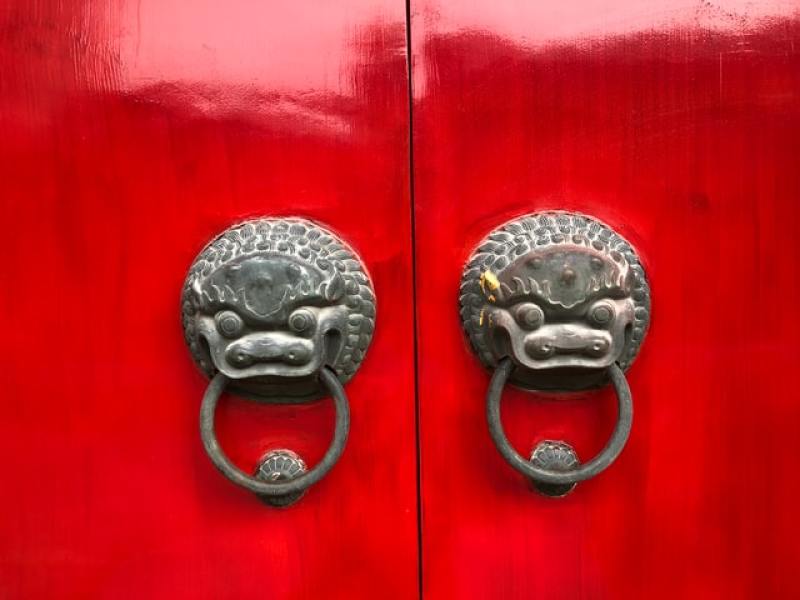
It's "wartime mode" for the province of Hebei in China against the coronavirus, which was first found in Wuhan back in 2019. Just this Wednesday, a travel ban was enforced between the cities of Shijiazhuang and Beijing.
Prominent Chinese state media, the Global Times, reported that out of the 20 new confirmed cases in Hebei on Tuesday, 19 were from Shijiazhuang, Breitbart reported. The same is true with the 41 asymptomatic from the 43 reported asymptomatic cases. They are all from Shijiazhuang, a city teeming with 11 million people.
Restrictions on Shijiazhuang were issued right away, including "controls on highways passing through Hebei leading to Beijing and other provinces, stopping sales of railway tickets to Beijing, suspending classes in schools, implementing closed-off managements in residential communities in provincial capital Shijiazhuang, and taking sweeping nucleic acid tests," the report says.
All ten highways bridging Hebei to Beijing and other neighboring cities were closely monitored by law enforcement officers who also advised motorists bound for and originating from Shijiazhuang to turn back. Different modes of transportation like buses and transits were also suspended.
Gaocheng, a district in Shijiazhuang, was declared a "high-risk area" for COVID-19 infection. Nangong, another city in Hebei province, also had three of its districts labeled "medium-risk areas." Schools in Shijiazhuang were suspended indefinitely.
Unlike Wuhan, which isolated itself from the rest of the country when the outbreak began, no total lockdown was imposed in Shijiazhuang, only strict and preventive measures to contain the virus, Global Times said.
On the other hand, the city of Xingtai and some areas of Nangong were said to have temporarily closed their borders.
"The current situation is tense, as staff turnover within the province is high ... Some residents seemed to be worried and are waiting at home for the nucleic acid tests," says an official to Global Times.
For efficient mass testing and other health needs, the province of Hebei aided the city of Shijiazhuang by first dispatching 1000 medical professionals on Wednesday and 2000 more coming on Thursday, CNBC reported.
Before the latest coronavirus outbreak, Hebei sought to revive its tourism industry. Handbooks titled "Service with a Smile" were published and disseminated to employees, further coaching them on how to provide hospitable services to guests but not compromising standard health protocols.
On Thursday, CNBC disclosed statements from Chinese health officials that the coronavirus has spread widely in Hebei for a while. Chinese researchers added that this strain of the virus is unlike those found in other provinces of China but shares similarities with the strain found in Russia.
Next month is the Chinese Lunar Year vacation period. Traditionally, people would flock to their hometowns or travel around. This year though, authorities urged people to remain in cities where they're employed temporarily. Their cooperation will help control the spread of the virus across the country.
Despite the major health crisis, which has caused financial strains to many, China's economy recovered and boomed in 2020, Chinese state media said. Nonetheless, Chinese officials are still concerned that this pandemic will continue for a lot longer than most would want.



































